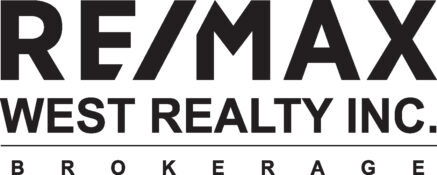Understanding the Cooling-Off Period and Status Certificates When Buying a Condominium
When purchasing a brand-new condominium, you’re entitled to a 10-day cooling-off period. This gives you 10 days to cancel the agreement if needed. The countdown begins on the later of these two dates: the day you receive the builder’s disclosure statement or the day you get a fully signed Agreement of Purchase and Sale.
However, resale condominiums work differently—there’s no cooling-off period. Once you sign the Agreement of Purchase and Sale (assuming there are no conditions in the contract), the deal is firm. But don’t worry—there’s still a way to protect yourself from surprises that could arise after closing when it’s too late to back out.
The Key to Protecting Yourself: The Status Certificate
When buying a resale condominium, your real estate agent and lawyer play crucial roles in protecting your interests. They can include a condition in the Agreement of Purchase and Sale that makes your offer contingent upon your satisfaction with the condominium corporation’s status certificate.
A status certificate is a comprehensive document issued by the condominium corporation. It includes detailed information about the property, such as financial statements, liabilities, and potential issues that could affect your investment. Although there’s a fee to obtain this document, it’s a small price to pay for the invaluable insights it provides.
What the Status Certificate Reveals
The status certificate and accompanying documents provide crucial details, such as:
- Whether the seller has paid their share of common expenses or if there’s a lien on the unit.
- Any special assessments levied against the unit and amounts owed.
- Whether the condominium corporation is involved in lawsuits or owes creditors money.
- The balance in the condominium’s reserve fund, which is used for emergency repairs.
- Plans for major building repairs and their associated costs.
- Financial reports showing the overall health of the condominium corporation.
Why This Information Matters
If you skip the step of reviewing the status certificate, you risk inheriting unexpected financial obligations. For example, if the condominium corporation declares a special assessment after you close, you’ll be responsible for your unit’s share of the cost. By reviewing the status certificate before firming up the deal, you can address any concerns or negotiate with the seller before closing.
How Your Team Can Help
Your real estate agent can include a clause in the Agreement of Purchase and Sale to give your lawyer time to review the status certificate. Your lawyer will then analyze the document and advise you on any potential liabilities.
Smooth Sailing to Closing
Taking the right precautions when purchasing a resale condominium ensures a hassle-free experience. By relying on your team of professionals, you can make informed decisions and avoid unwelcome surprises. After all, surprises are great for birthdays—not for real estate deals!

